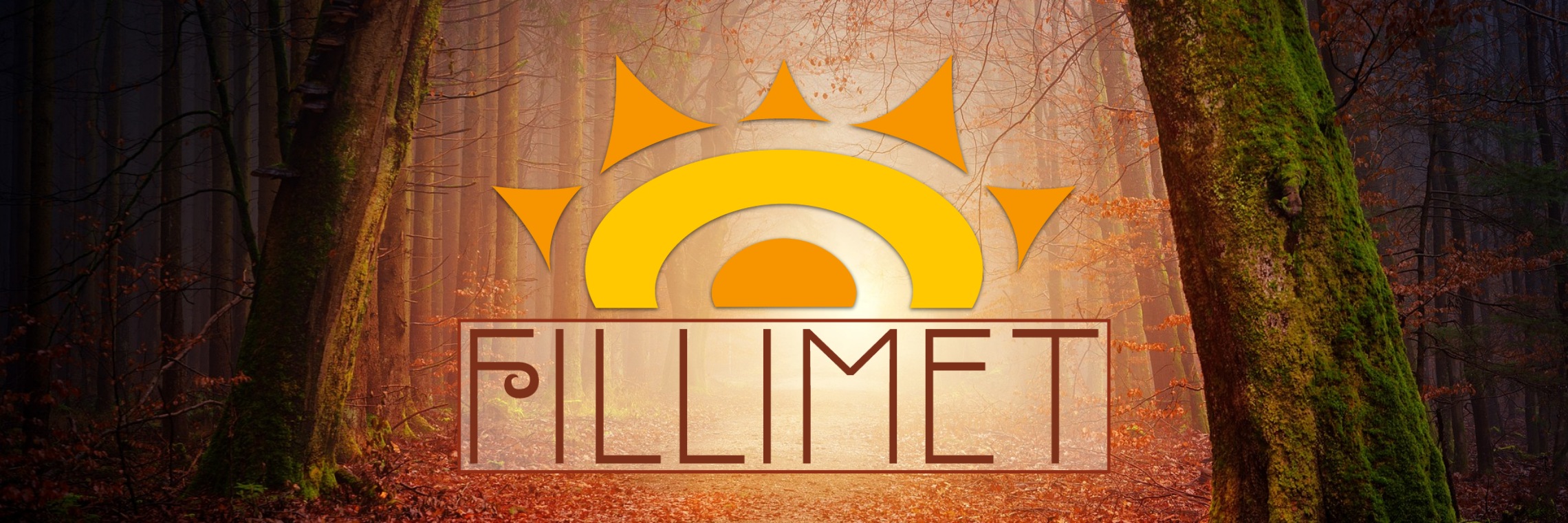Andovian
The Andovians thrive throughout the city states of the Andisol Valley. They believe that each passing generation lends its strengths and legacies to the next generation, a circle of life which mirrors that of the plants in their fertile farming holdings.
Naming Traditions
Feminine names
Alexandra, Cassandra, Clarissa, Dianna, Fiona, Francine, Gianna, Jocelyn, Lleida, Madeleine, Ophelia, Pauline, Roberta, Samantha, Victoria, Yvonne, Yvette
Masculine names
Arthur, Alexander, Bruce, Dylan, Francis, Howard, Lawrence, Leroy, Matthias, Norman, Oliver, Samuel, Victor, Watson
Unisex names
Alex, Dax, Paul, Sam, Zale
Family names
Castle, Farmer, Fields, Strong, Trylle, Wales
Culture
Common Dress code
The Andisol Valley is fertile and its people accustomed to working the fields. As a result the prevailing dress code relies upon comfort and safety in the fields, tightly binding any anatomical bits that may dangle in the way or become ensnared on equipment. Many leave the rest uncovered, although some prefer to wear clothing elsewhere to protect their skin from the worst of the sun's bright gaze.
Loose fitting clothing is not worn among the working class, but within the heart of the cities billowing layers are considered a sign of wealth. Many of the latest fashions revolve around extravagant and impractical layers of cloth. The more difficult it would be to work in the outfit the richer the individual appears, and so these extravagant fashion styles have only been growing more ridiculous by the year.
Most Andovians prefer a style towards the middle, choosing clothing for comfort and practicality in equal measure.
Birth & Baptismal Rites
Newborns are typically named after a beloved and recently deceased ancestor, as a symbol of new life beginning from the endings of those who have come before. Culture dictates that children are taught the stories of their ancestors, particularly their namesakes, to pass on their legacy.
Funerary and Memorial customs
Deeply rooted in their farm-based affluence, most Andovians believe that the end of life plants the seed for the beginning of a new life. Mourners will remember the deceased through stories and songs for the next day after their death before their body is surrendered to the earth to fertilize the next year's crops. Bodies are typically allowed to decompose before being spread into the fields. After the majority of the body has decomposed any remaining bones are burned to ash and mixed in with the resultant soil.
The crops of the next year are considered in part to be a gift from the departed, and partaking in the harvest is a way to carry on their legacy. For this reason a threat to keep an individual's body from joining the fields after their death is considered a grave insult, as it implies an intention to harm that individual's legacy.
Common Myths and Legends
The Legend of The Fearless One tells of a hero facing down a demon army from the fire plane of Zaille to save the Andisol Valley from destruction. Most scholars today believe the legend speaks more to a scientist organizing a defense against the supervolcano beneath the Andisol Valley, but an adventurous tale of a hero facing down demons alone is compelling and exciting, continuing to spark adaptations including books, plays, and songs. The Ballad of Captain Wales is a particular favorite.
Related Organizations
Related Items
Related Myths
Languages spoken
Related Locations




Comments